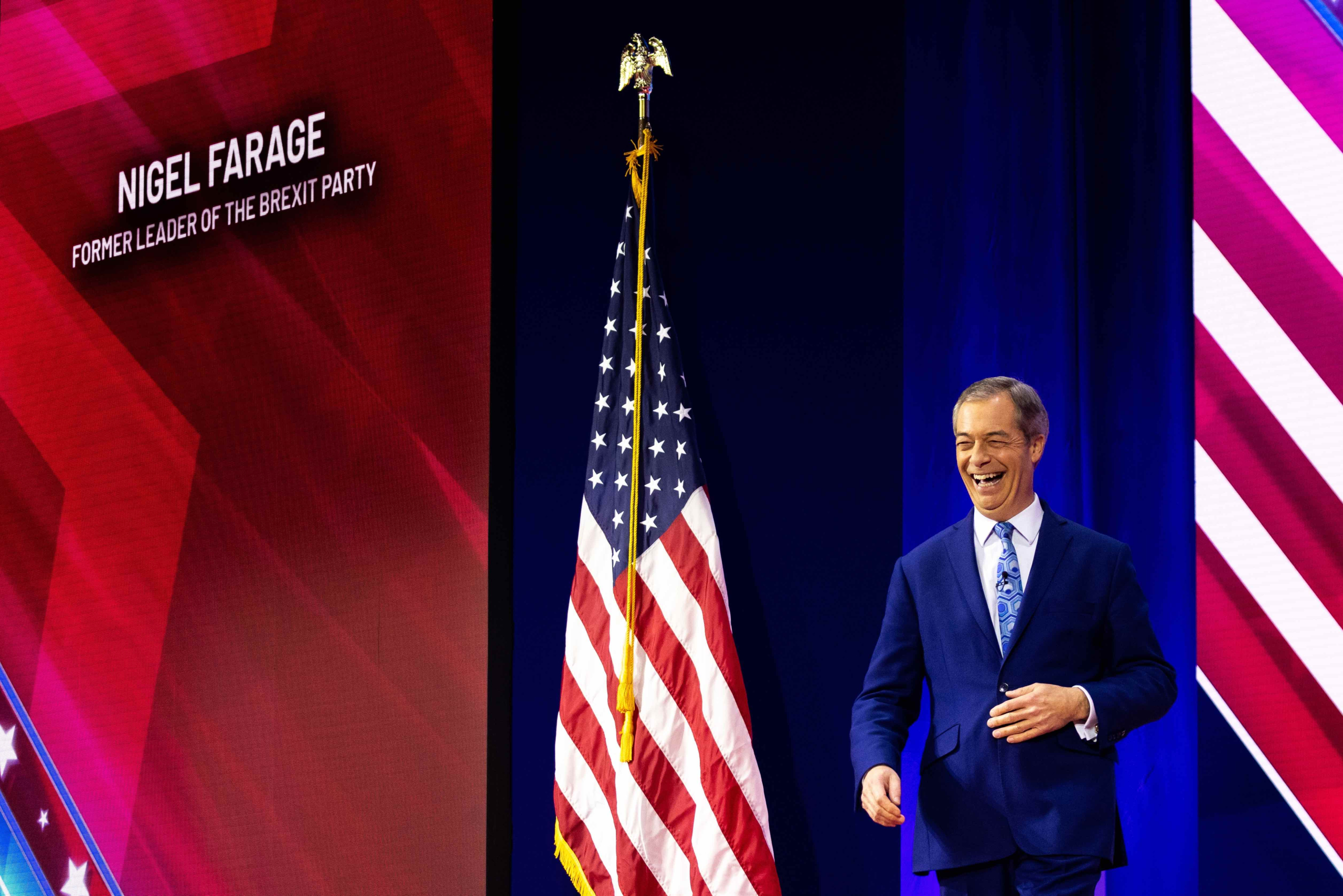Once united by shared values and strategic interests, the West is increasingly fractured along ideological lines. Just as illiberal politicians have spent years building an international reactionary movement, their liberal counterparts must foster transatlantic dialogue to forge a common democratic vision.

After US Vice President J.D. Vance’s hostile speech at February’s Munich Security Conference and President Donald Trump’s shameful treatment of Ukrainian President Volodymyr Zelensky during his Oval Office visit later that month, even the most naive Europeans were forced to confront a sobering reality: the United States, under Trump, is no longer on their side.
To be sure, Trump’s unpredictability leaves room for sudden policy reversals, particularly when it comes to the strongmen he openly admires. His recent criticism of Vladimir Putin suggests growing frustration with the Russian president’s refusal to agree to a ceasefire in Ukraine. Similarly, Trump has noticeably distanced himself from Israeli Prime Minister Binyamin Netanyahu, as evidenced by his overtures toward Iran and multibillion-dollar AI-chip deals with the Gulf states.
[…]
Laurence Nardon is Head of the Americas Program at the Institut français des relations internationales (IFRI).
Read the full article on Project Syndicate's website.

Media:

Format
Share







